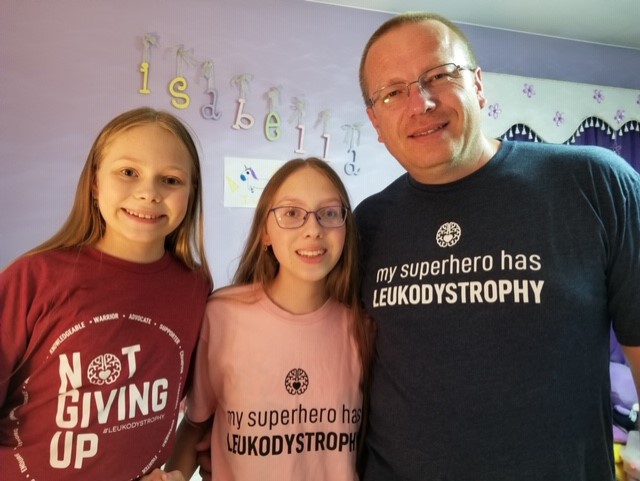Carer. Caretaker. Guardian.

What is a caregiver? According to the Merriam Webster dictionary, a caregiver is “a person who provides direct care (as for children, elderly people, or the chronically ill”. Since the caregiver is the direct line to the child, elderly, or chronically ill, it’s fair to say that he/she can become overwhelmed, exhausted, frustrated and just plain tired at times.
While there are many ways to handle each of these feelings and emotions, what’s most important is that you recognize them, acknowledge them and seek support.
The ULF has many families struggling through the same challenges, and a good support system is talking with someone who knows exactly what you’re going through, because they are too. But how can you do that?
- Contact the ULF! We’re happy to put in touch with another community member that has been through similar or same challenges.
- Join one of our Online Caregiver support groups, hosted by the ULF. Connect with other caregivers to share knowledge and experiences with each other.
- Ask your or your patient’s doctor for more information on support groups or therapy.
- Search on Facebook. Online support groups for leukodystrophy can put you in direct contact with people who are going through the same emotions or issues in caring for their loved ones.
- The Caregiver Action Network has many resources for all caregivers. The site supports many illnesses and issues, not just leukodystrophy, with toolkits, community, videos and more.
Someone told me once that not only was I the caregiver for my mother, I was her daughter. Sometimes, during times of stress or exhaustion, we can forget that, or get so caught up in the caregiving aspect of what we do, we forget to be the daughter, or the mother or father our patient needs. Keep that in mind, at I found it profound advice as a time where I was having so much trouble coping and that simple reminder, helped me to get through some very tough times.
Claudette A. Collier, ULF board member
Most importantly: Don’t forget to ensure you have a healthy diet, get enough sleep, exercises, meditate and overall take care of YOU. It’s critical to your care and the care of your loved one. You cannot “pour from an empty cup” so make sure that you “fill your cup” by taking care of yourself.
Related Content for Caregivers
Caregivers Often Feel Isolated and Alone.
Sharing your story with someone can truly help a friend in need. It doesn’t have to be too personal. It can be just one moment or one day, but it’s about the sharing.
